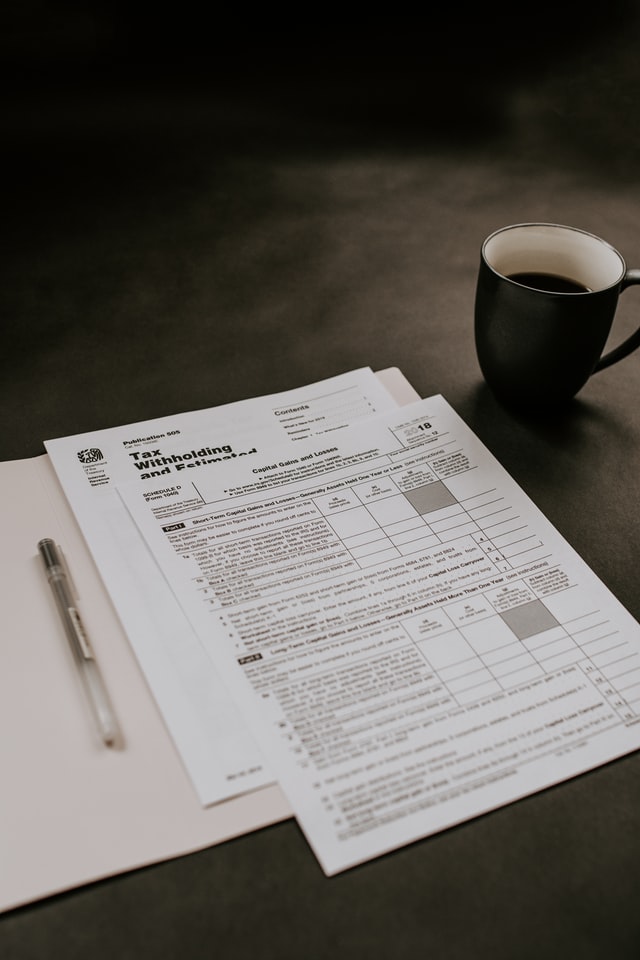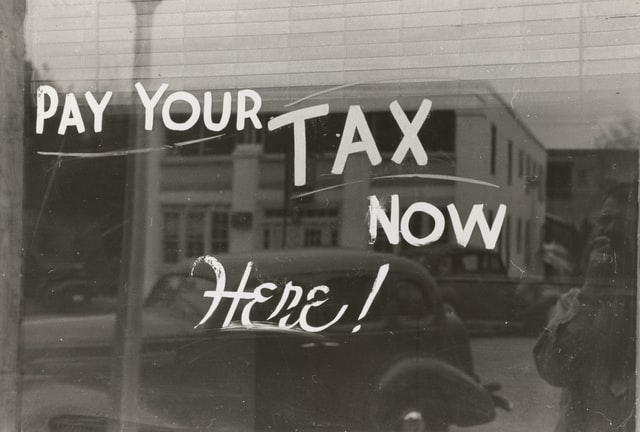
- Better Society -
- 7mins -
- 156 views
G7 nations agree ‘historic’ global minimum corporate tax rate to fight widespread tax avoidance
Finance ministers from the G7 nations pledge to commit to a minimum global level of corporate tax of at least 15% to tackle companies and wealthy elites abusing the system though so-called tax havens.
G7 agrees 15% global minimum corporate tax rate
For ordinary individuals and SMEs (small-to-medium enterprises), tax avoidance and tax evasion simply isn’t an option. However, for many years large corporations and extremely wealthy individuals have been taking advantage of so-called “tax haven” loopholes to avoid paying their fair share. That is, until now.
On Saturday 5 June 2020, finance ministers from the G7 nations pledged to commit to a minimum global level of corporate tax of at least 15%, in an effort to get multinationals — and some ultra high net worth individuals — to pay more into government coffers hard hit by the ongoing pandemic situation and its ramifications.

The “historic agreement” has been described as a “starting point” and “bad news for tax havens”
"I am delighted to announce that today after years of discussion G7 finance ministers have reached a historic agreement to reform the global tax system," said Britain’s Finance Minister Rishi Sunak, chairperson of the London talks."It’s complicated and this is a first step," said Sunak.
"It is very good news for tax justice and solidarity and bad news for tax havens around the world," German Finance Minister Olaf Scholz said in a statement. "Companies will no longer be in a position to dodge their tax obligations by booking their profits in the lowest-tax countries."
French Finance Minister Bruno Le Maire said the group’s commitment was a "starting point," pledging to hike it further. "This is a starting point and in the coming months we will fight to ensure that this minimum corporate tax rate is as high as possible," said Le Maire.
US Treasury Secretary Janet Yellen said the move would "help the global economy thrive, by leveling the playing field for businesses and encouraging countries to compete on positive bases."
Source: DW

Is this the end of a 30-year race to the bottom on corporate tax rates?
DW reported on Saturday that the US-led proposal focuses on creating a global minimum corporate tax rate as well as special rules to change how much tax companies pay and where it is paid. US President Joe Biden had called for a unified minimum corporate tax rate of 15%.
The global minimum tax would be levied only on the world’s 100 largest and most profitable companies. If a company pays taxes somewhere with a lower rate, it would probably have to pay top-up taxes.
Such a move aims to end what Yellen has called a "30-year race to the bottom on corporate tax rates" as countries compete to lure multinationals.
Source: DW

Calls for higher minimum rate of 25% as g7 accused of circle jerk
Alex Cobham, chief executive of the Tax Justice Network, called the move a "historic moment" but also slammed it as "very unfair." In an interview with DW, Cobham said the figure should have been "at least 25%."
"The way the G7 is going about this with such a low rate…it means the benefits would have been much smaller than they could have been," Cobham said.
"It shows just how unfit for purpose the OECD and the G7 are, as the rich countries set the rules for everyone else. We need to move this to the United Nations and get a deal that works for everyone, not just the G7 looking out for their own revenues," he added.
REACTION FROM TECH GIANTS SEEMS POSITIVE
Facebook said it welcomed the G7 pledge, despite the social media firm risking paying more, its vice president of global affairs said Saturday. "We welcome the important progress," Nick Clegg, the former U.K. Deputy Prime Minister tweeted, adding "this could mean Facebook paying more tax, and in different places."
A spokesperson for the online retail giant Amazon said the tax plan was "a welcome step forward."
"We hope to see discussions continue to advance with the broader G20 and Inclusive Framework alliance," added the spokesperson.
Google, meanwhile, said it strongly supports the work being done to update international tax rules. "We hope countries continue to work together to ensure a balanced and durable agreement will be finalised soon," a spokesperson for the global search giant said.
Source: DW

Hiding income from the tax authorities is illegal
Governments around the world are losing $427 billion each year to tax avoidance and evasion as companies and wealthy individuals shift their money to tax havens, according to a comprehensive 2020 report that urged an overhaul of the “broken” tax system.
The missing tax revenue is particularly harmful during the coronavirus crisis, when many countries are struggling to combat infections and support ailing economies and workers, according to the report from the Tax Justice Network, the Global Alliance for Tax Justice and a trade-union group called Public Services International.
The researchers also point a finger at the U.K. and its tax-haven territories and crown dependencies, including Bermuda, Cayman, Jersey and the British Virgin Islands. This network is responsible for 37 percent of all losses governments suffer from corporate and private tax abuse, the report says.
When it comes to corporate tax avoidance, the Netherlands, Switzerland and Luxembourg are also big enablers, the researchers said.
- The United States government is the single biggest loser in absolute terms, missing out on about $90 billion in tax revenue a year, according to the report, which offers the first detailed breakdown of losses at the country level.
- The researchers found that Africa loses about $25 billion a year, mostly from corporate tax abuse. That equals about 7% of the continent’s average tax revenue each year.
- Europe loses $184 billion a year, more than half of which is from private tax evasion. The losses equal about 3.4% of the region’s average tax revenue.
- Asia loses about $73 billion, or about 1.5 percent of the region’s annual tax revenue. North America loses $95 million, or about 2.3%.
Source: WashingtonPost

55 Corporations Paid $0 in Federal Taxes on 2020 Profits
According to ITEP, Food conglomerate Archer Daniels Midland enjoyed $438 million of U.S. pretax income last year and received a federal tax rebate of $164 million.
The delivery giant FedEx zeroed out its federal income tax on $1.2 billion of U.S. pretax income in 2020 and received a rebate of $230 million.
The shoe manufacturer Nike didn’t pay a dime of federal income tax on almost $2.9 billion of U.S. pretax income last year, instead enjoying a $109 million tax rebate.
The cable TV provider Dish Network paid no federal income taxes on $2.5 billion of U.S. income in 2020.
The software company Salesforce avoided all federal income taxes on $2.6 billion of U.S. income.
At least half a dozen companies used the federal research and experimentation (R&E) credit to reduce their income taxes in 2020. These include HP, Nike, Jacobs Engineering, Advanced Micro Devices and Ecolab.
Tax breaks for renewable energy are part of the tax avoidance scheme for several companies, including Qurate Retail, Xcel Energy, DTE, and Duke Energy. Learn more.
Source: ITEP

